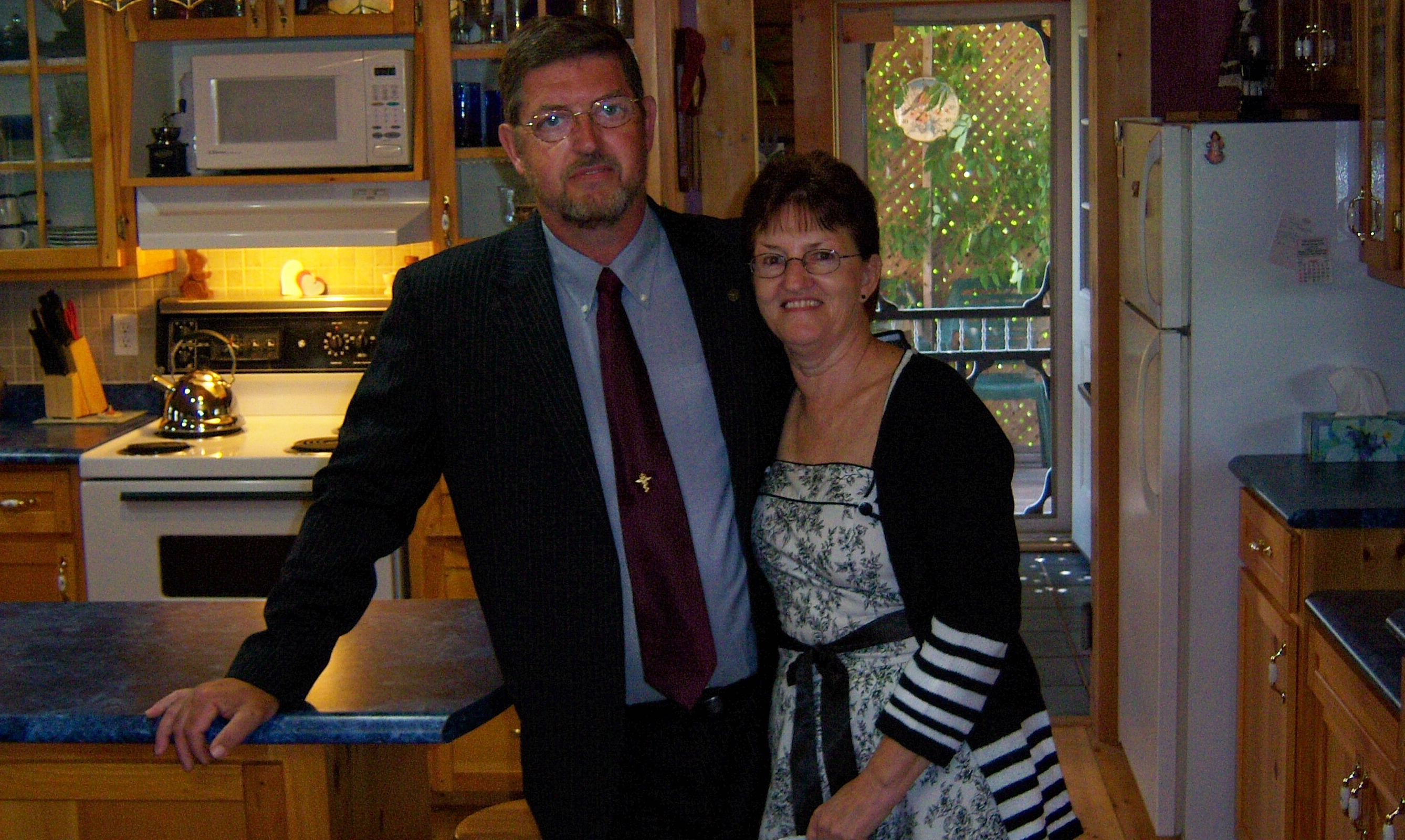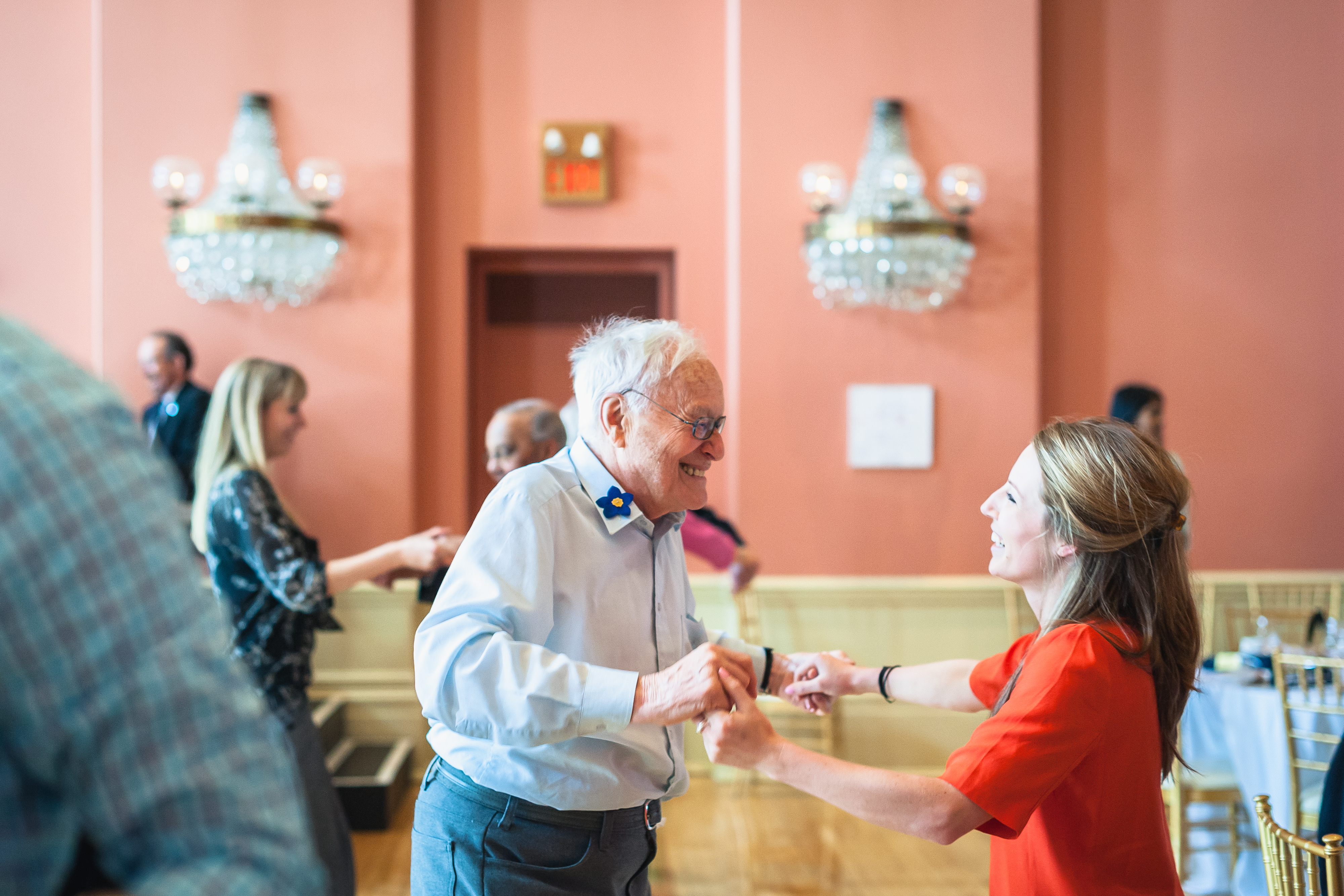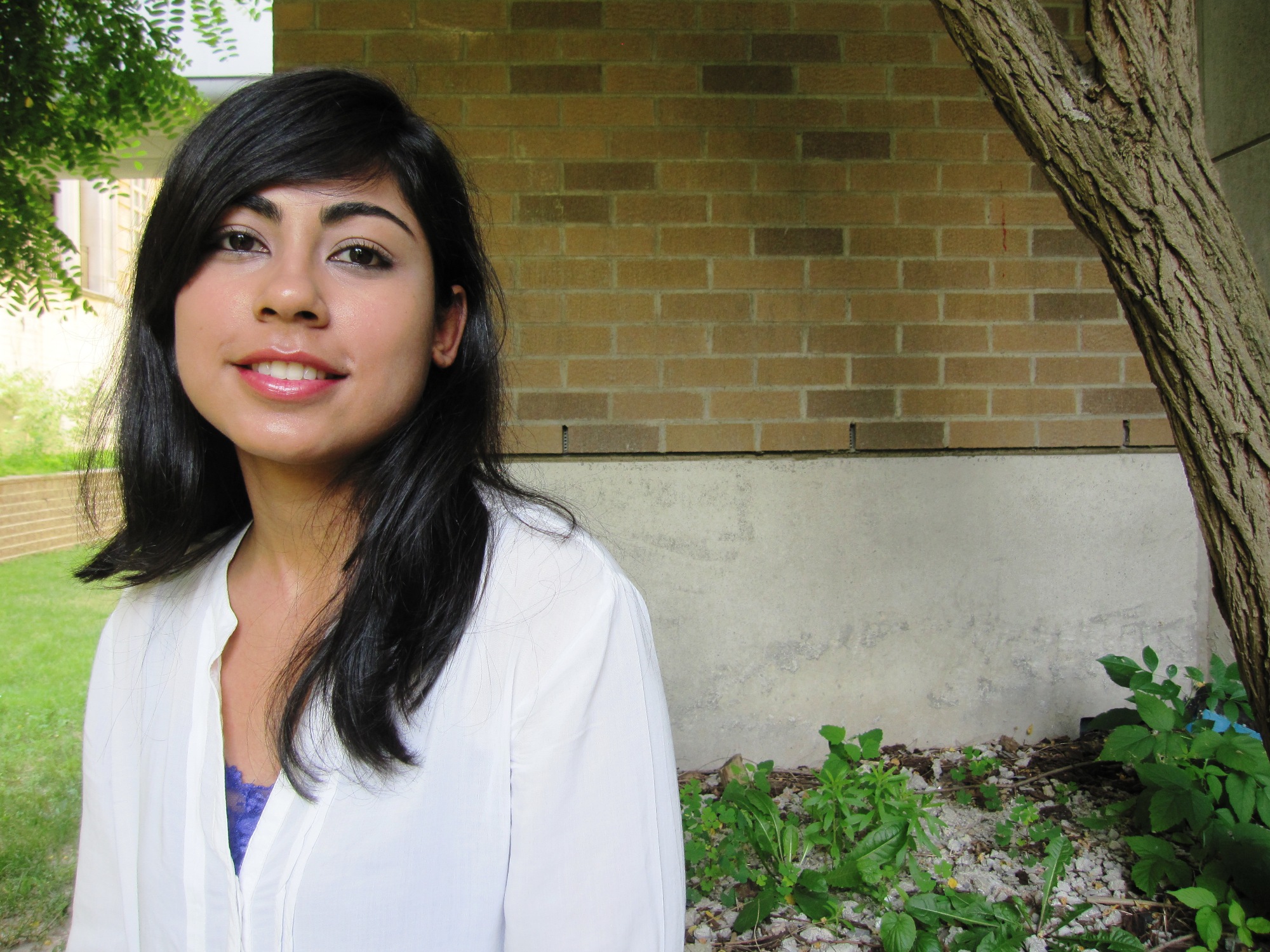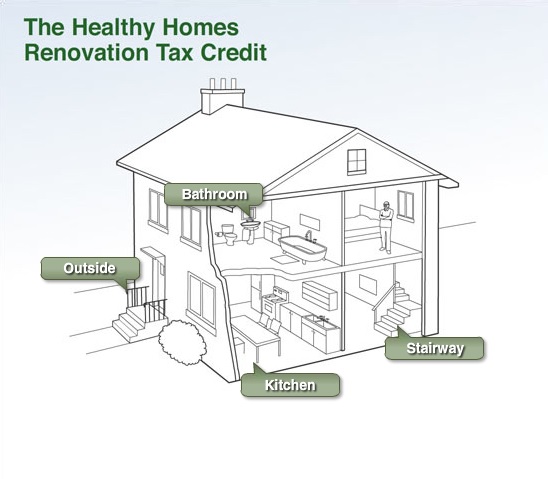Lauren volunteers to learn new skills
Why do I volunteer? I took on this volunteer position to learn and expand my skills. This position allows me to do that and make a difference in the lives of people with dementia and their caregivers. It’s great to know my work has a purpose. What is my background? I am employed with an adult day program for people with dementia. I have also volunteered with the Alzheimer Society in other cities, such as with their Volunteer Companion Program…








